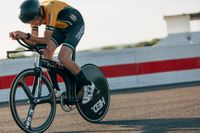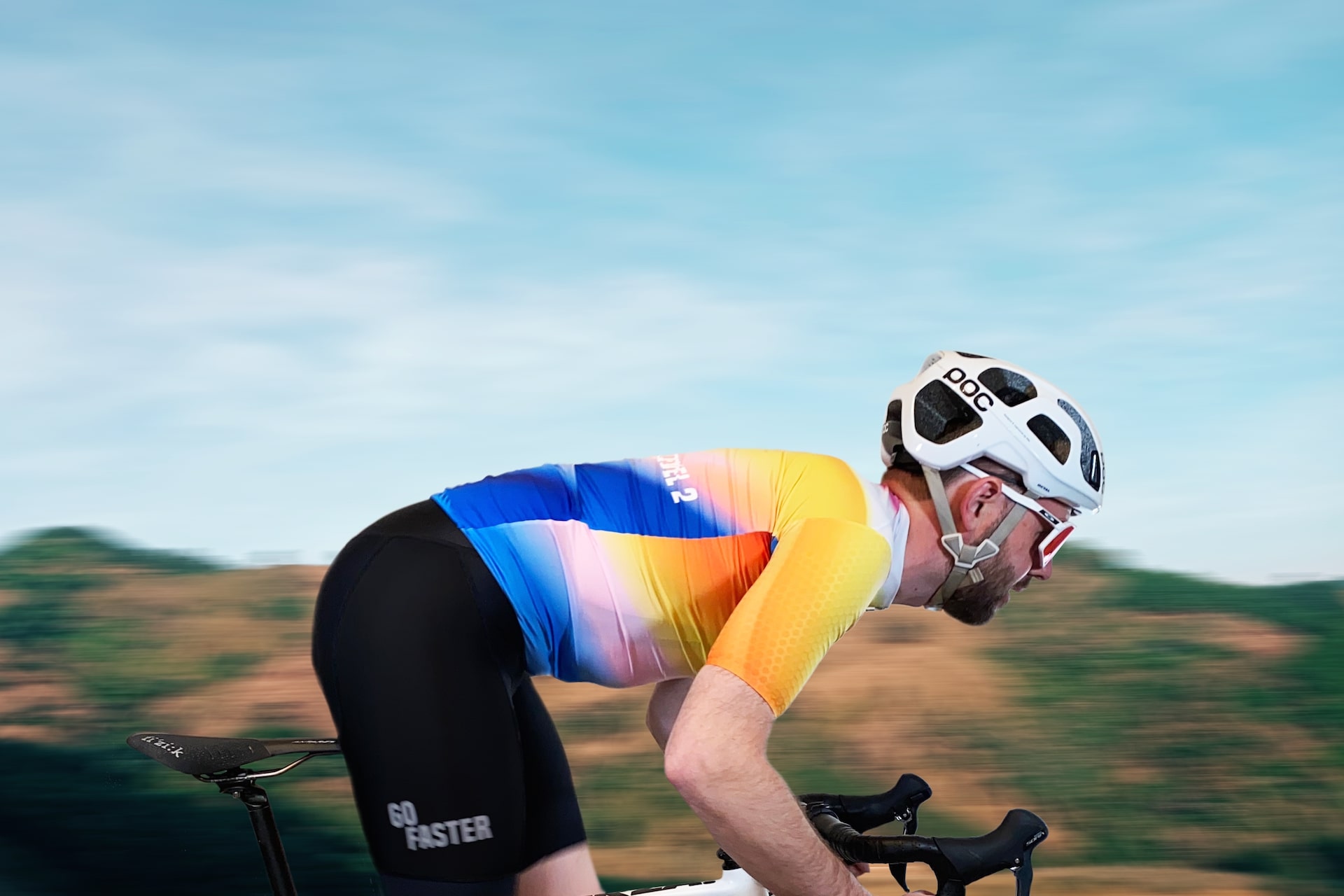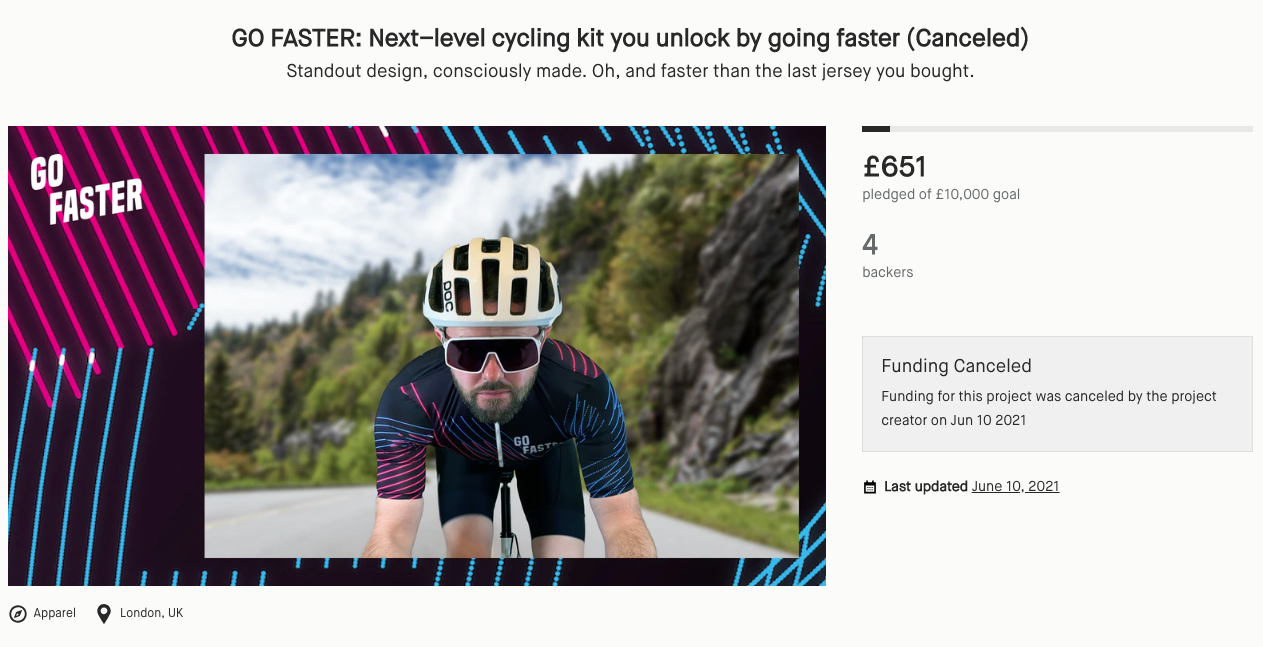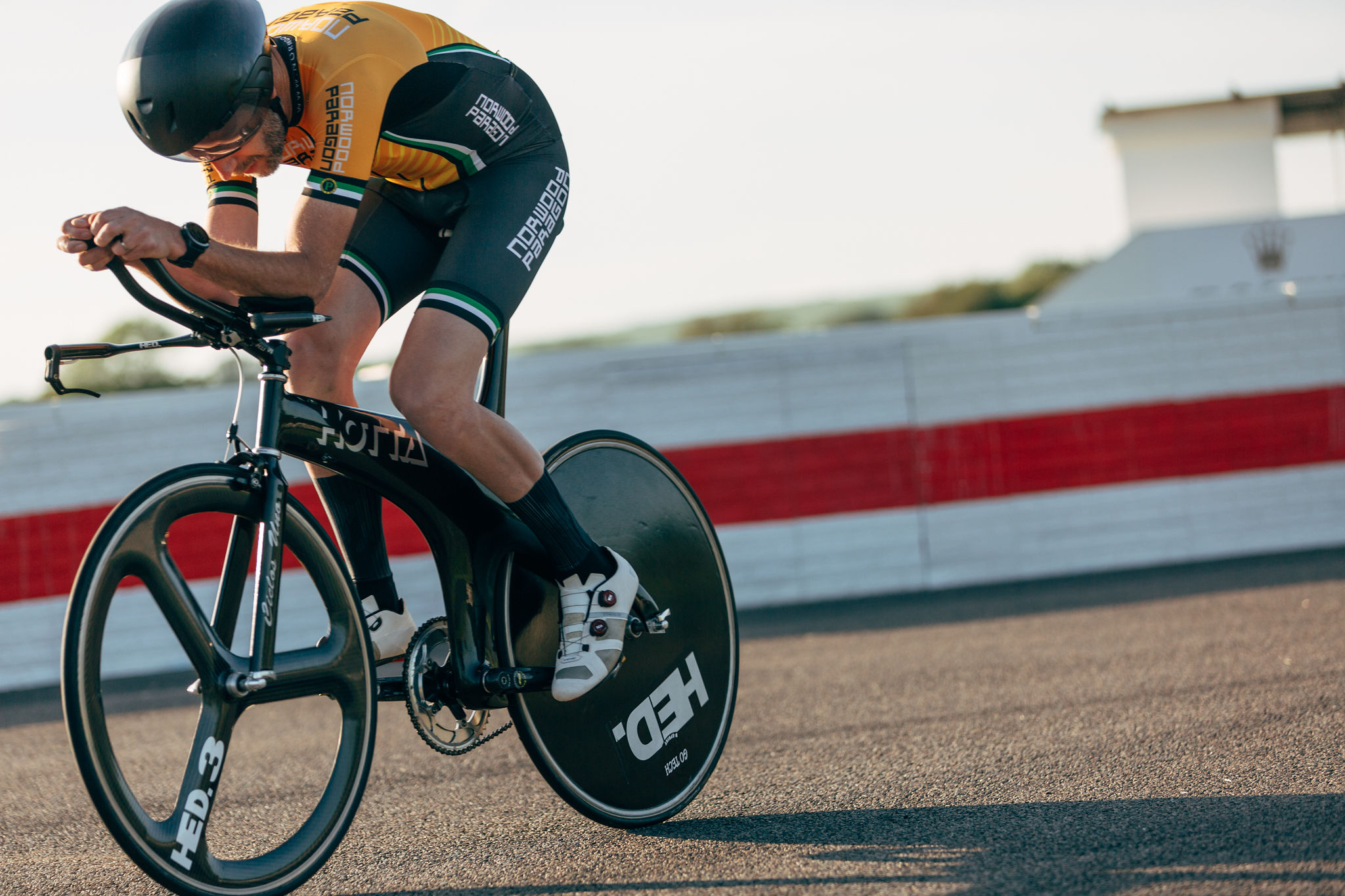Kickstarter campaign to launch jerseys unlocked by average speed on Strava cancelled following social media backlash
Go Faster founder releases statement acknowledging that 'wider cycling community does not support this approach'


The latest race content, interviews, features, reviews and expert buying guides, direct to your inbox!
You are now subscribed
Your newsletter sign-up was successful
British start-up Go Faster has cancelled its Kickstarter campaign following accusations of ableism and elitism on social media.
The company had planned to launch a range of jerseys that could be unlocked once riders had attained a certain average speed, evidenced by Strava data. The level 1 jersey required an average of 26kph while to unlock and buy the level 2 jersey customers would have to post a ride of 39kph or higher.
The idea was that if you’d earned your jersey – they were to be made from 100 per cent recycled fabrics – you would be proud to wear it for more than one season, thus reducing the amount of cycling kit that ends up in landfill prematurely.
Read the original story here.

However, the concept was blasted on social media and accused of being elitist, discriminatory, and one Twitter user claimed it had “sexist, classist and racial undertones given the inequality in our sport.”
Go Faster founder Oliver MacCarthy shared this message with the brand’s followers:
The latest race content, interviews, features, reviews and expert buying guides, direct to your inbox!
“We’ve received many messages over the last 24 hours from the cycling community, both in support of and opposed to our Kickstarter concept.
“Our idea was to offer performance-minded cyclists the chance to challenge themselves to improve and reward their effort with a standout jersey.
“But we’ve learned that the wider cycling community does not support our approach. And this is no way to start a new cycling brand. So we have closed our Kickstarter campaign.”
Speaking to Cycling Weekly, MacCarthy added: “The idea for Go Faster came from finding that setting yourself a personal challenge and then rewarding yourself with some great kit once you’d achieved it helped us improve. And we wanted to share this idea with other cyclists. But we went about it in a way that angered a lot of the cycling community. So we decided the best thing to do was to close the fundraising campaign and rethink our approach.
“From the beginning, we were also keen to raise awareness of the sustainability issues of the cycling apparel industry. The environmental impact of the decision to rethink is very low because we only produced a small number of prototypes, with the last ones being used themselves in the campaign. We will strive to reuse the materials in the prototypes so they don’t go to waste.
“Finally, we are grateful to our supporters, testers and partners for all their support on our journey.”
Simon Smythe is a hugely experienced cycling tech writer, who has been writing for Cycling Weekly since 2003. Until recently he was our senior tech writer. In his cycling career Simon has mostly focused on time trialling with a national medal, a few open wins and his club's 30-mile record in his palmares. These days he spends most of his time testing road bikes, or on a tandem doing the school run with his younger son.
